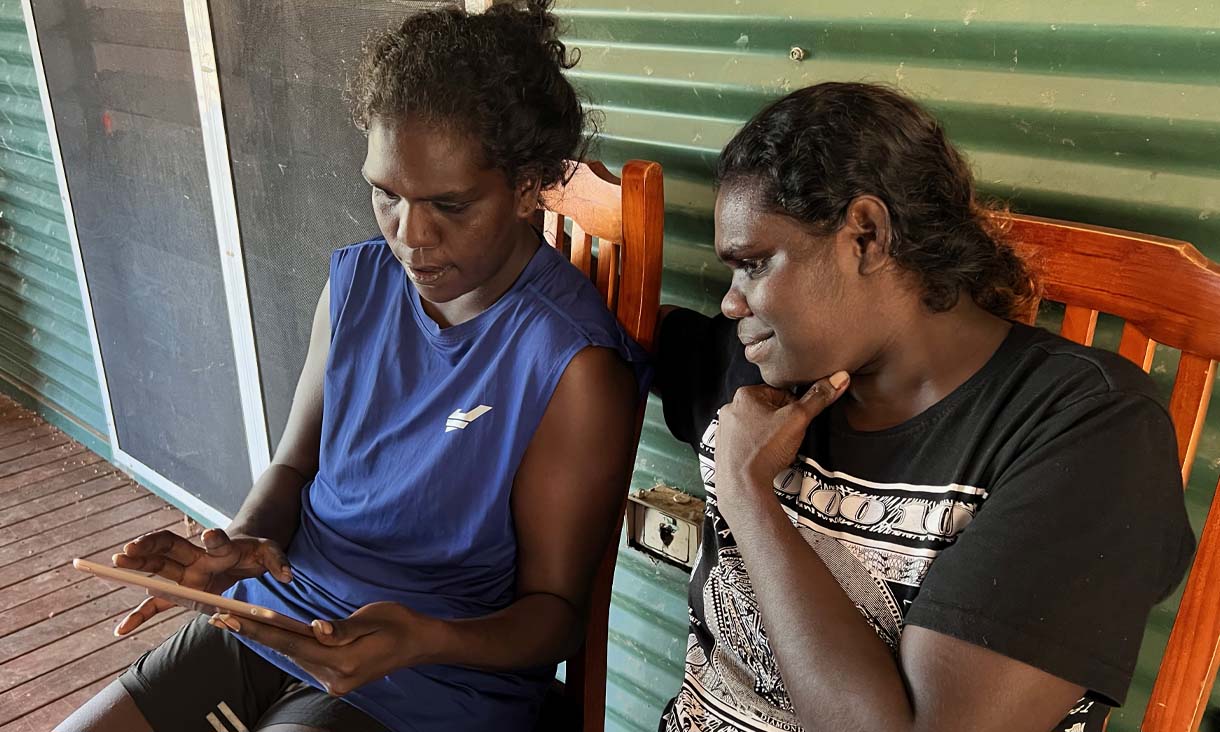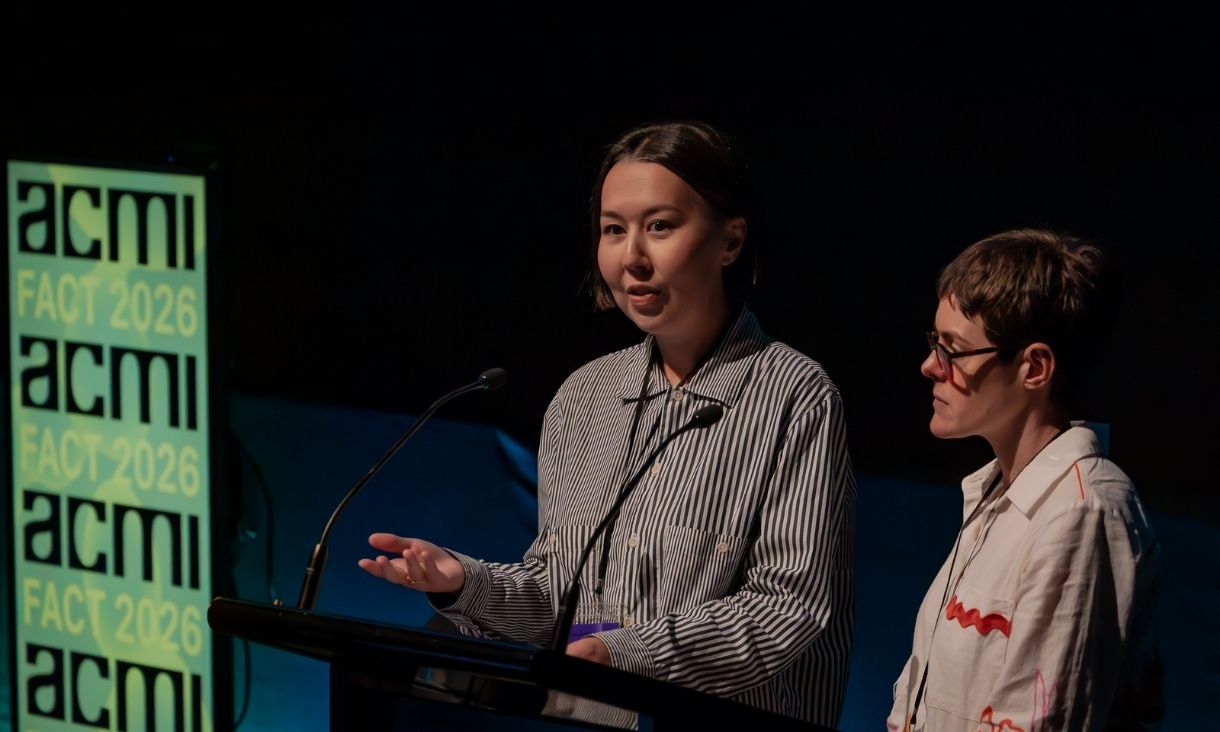Free Wi‑Fi for 53 remote communities – RMIT experts react
The federal government last week announced plans to install free public Wi‑Fi in a further 53 remote communities, in a move aimed at narrowing the digital divide for First Nations Australians.
What does the future of arts, culture and technology hold? RMIT academics weigh in at ACMI’s FACT symposium
RMIT University academics joined artists, technologists and cultural practitioners from across the globe at ACMI's fourth annual FACT Symposium, contributing to three days of debate on the future of arts, culture and technology.
‘Incredibly resilient’ nylon device creates electricity under tonnes of pressure
RMIT University researchers have developed a flexible nylon-film device that generates electricity from compression and keeps working even after being run over by a car multiple times, opening the door to self-powered sensors on our roads and other electronic devices.
Creative Antarctica: artists transport audiences to the edge of the world
RMIT Galleries' latest - and one of its largest ever - exhibitions, Creative Antarctica: Australian Artists and Writers in the Far South, brings audiences on a journey to the Far South, offering new perspectives, encounters and understandings of one of the world’s most remote and fragile landscapes.







